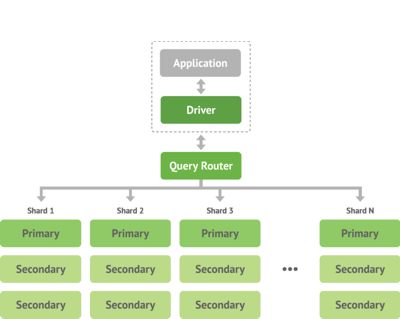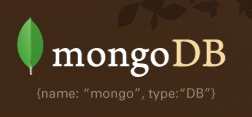| MongoDB 2.4 Released |
| Written by Kay Ewbank |
| Thursday, 21 March 2013 |
|
The latest version of the MongoDB NoSQL database has simpler sharding alongside capped arrays, text search, and geospatial enhancements. A new commercial version has also been released.
The hash-based sharding is a new option designed to make it easier to create large-scale MongoDB systems. According to a post on the MongoDB blog: “Using a hashed shard key allows users to get a good distribution of load and data in a simple manner, in cases where documents are accessed randomly through the key space, or if the access patterns may not be totally predictable.” The addition of capped arrays will make it easier for you to maintain a fixed-length sorted array, so you can show top ranking items such as leaderboards and most viewed, emailed or purchased items. On a $push operation, users can now specify a $slice modifier, which trims the array to the last N items. The geospatial features have been improved with the addition of GeoJSON support, a more accurate spherical model and polygon intersections. Elsewhere, a working set analyzer has been added to help with capacity planning on MongoDB clusters. The working set size analyzer tells you how many unique pages the server has needed in the last 15 minutes, so that you can track usage over time.
While the main MongoDB remains free of charge to use, 10gen has introduced a commercial version, MongoDB Enterprise, as part of a new MongoDB Enterprise subscription level. MongoDB Enterprise contains new monitoring and security features including Kerberos Authentication and Role-based Privileges with separate roles for server, database and cluster administration.
MongoDB is an open-source document database that provides a JSON data model with dynamic schemas, auto-sharding, built-in replication, and GridFS for large file storage. It has more than 4 million downloads. More InformationRelated ArticlesMongoDB in Action (book review)
To be informed about new articles on I Programmer, install the I Programmer Toolbar, subscribe to the RSS feed, follow us on, Twitter, Facebook, Google+ or Linkedin, or sign up for our weekly newsletter.
Comments
or email your comment to: comments@i-programmer.info
|
| Last Updated ( Thursday, 21 March 2013 ) |



